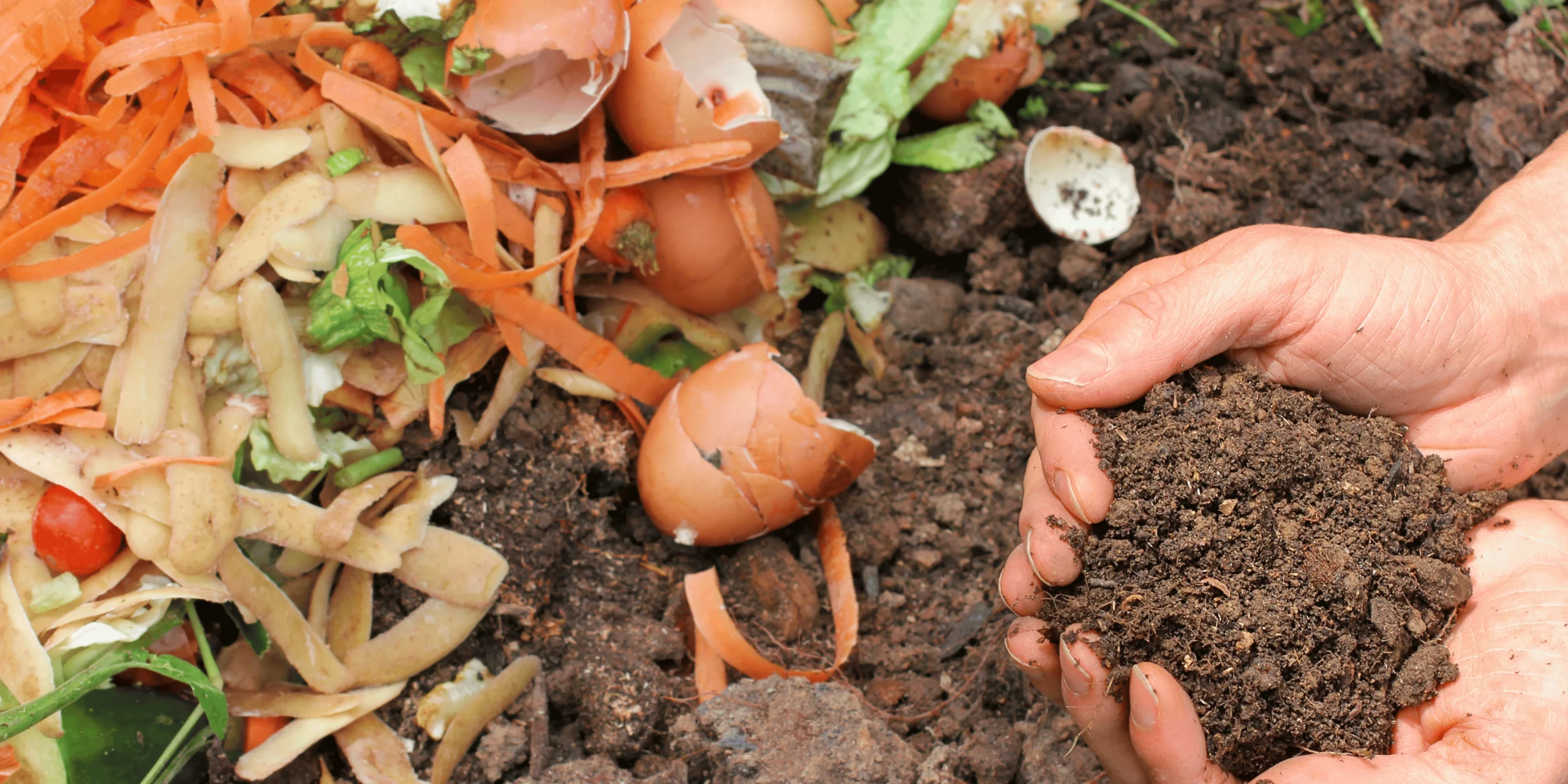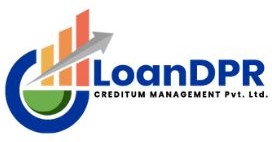Writing a Stellar Detailed Project Report on Integrated Solid Waste Management



So, you’re tasked with writing a Detailed Project Report (DPR) on Integrated Solid Waste Management (ISWM)? Don’t panic! While it might seem daunting, this is a crucial step towards creating a sustainable and effective waste management system.
Think of this DPR as your blueprint for a cleaner, greener future. It’s where you lay out your vision, strategies, and plans to tackle the growing mountain of waste. This report will serve as a guide, outlining your project’s objectives, methodologies, and expected outcomes. It will demonstrate your understanding of the complexities of waste management and showcase your ability to develop a comprehensive and effective solution. A well-written DPR can also attract funding, garner stakeholder support, and ultimately contribute to a more sustainable and environmentally conscious society.
Project Report Basics
Understand the Problem:
Dive deep into the current waste management scenario in your area. What are the challenges? What are the biggest pain points for residents and the environment?
Define Your Scope:
Clearly outline the boundaries of your project. Are you focusing on a specific neighborhood, a particular type of waste, or a specific aspect of the waste management cycle?
Set Realistic Goals:
What do you hope to achieve with this project? Reduce waste generation? Improve recycling rates? Divert waste from landfills?
Building the Foundation for Your Project Report
Begin by gathering comprehensive data on waste generation rates, composition, and collection patterns within your area. This data will serve as your project guide. Analyze how existing waste management systems function, identifying their strengths and weaknesses. Pay close attention to the efficiency of collection routes, the capacity of processing facilities, and the environmental impact of current disposal methods.
Remember to prioritize the “Waste Hierarchy,” a guiding principle that emphasizes waste reduction, reuse, recycling, and recovery before resorting to disposal. Let this hierarchy form the foundation of your project’s approach. Consider implementing strategies to minimize waste generation at the source. Encourage residents to reduce consumption, reuse products whenever possible, and participate in community composting programs. By prioritizing waste reduction and recovery, you can significantly minimize the environmental burden and maximize the sustainability of your waste management system.
Designing Your Integrated Waste Management System
Efficient waste collection is crucial. Consider door-to-door, community bins, or a combination. Transport waste strategically to processing facilities. Explore treatment options like composting, anaerobic digestion, and material recovery facilities. Prioritize safe and environmentally sound disposal of residual waste through well-managed landfills or other appropriate methods.
Explore technologies like composting, anaerobic digestion, and material recovery facilities. Refer to the US Composting Council website for information on composting best practices.
Implementation & Beyond
To ensure successful implementation, develop a detailed timeline with clear deadlines for each project phase. Carefully budget costs associated with each phase and explore potential funding sources. Actively engage the community throughout the process through awareness campaigns, workshops, and consultations. Establish key performance indicators to track progress and regularly monitor and evaluate the effectiveness of your integrated solid waste management system.
Establish clear indicators to track your progress. Regularly monitor and evaluate the effectiveness of your system. Refer to the Project Management Institute (PMI) website for project management best practices and guidelines.
Writing an Effective Project Report
Crafting a compelling project report demands clarity. Avoid technical jargon and present information in a concise and accessible manner. Visual aids, such as charts, graphs, and maps, can significantly enhance understanding and engagement. Meticulous proofreading is essential to ensure the report is free of errors and maintains a professional and polished presentation.
Need Expert Help with Your Project Report?
Crafting a comprehensive ISWM project report demands rigorous research, data analysis, and strong writing skills. If you’re facing challenges, we can assist you. Our expertise extends to data collection and analysis, ensuring your project has the necessary support. Our team of experienced writers will help you create a well-structured and professional report. We understand the pressure of deadlines and can deliver timely and efficient writing services to meet your project’s needs.
